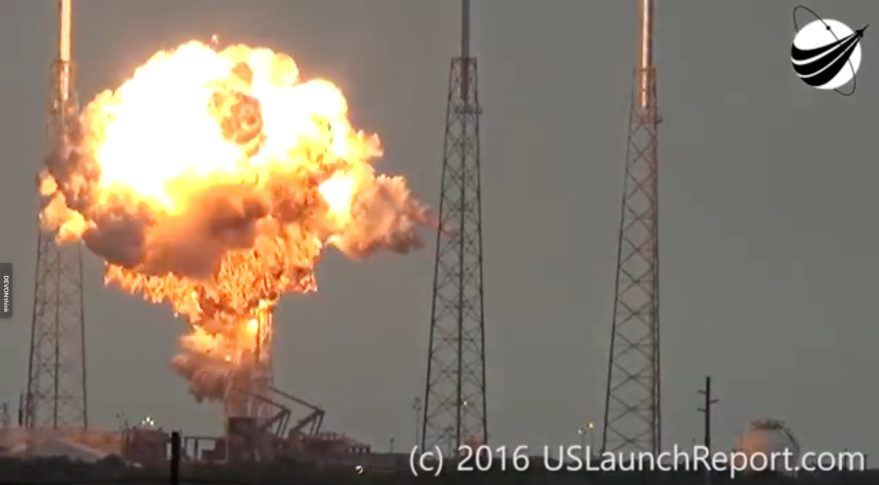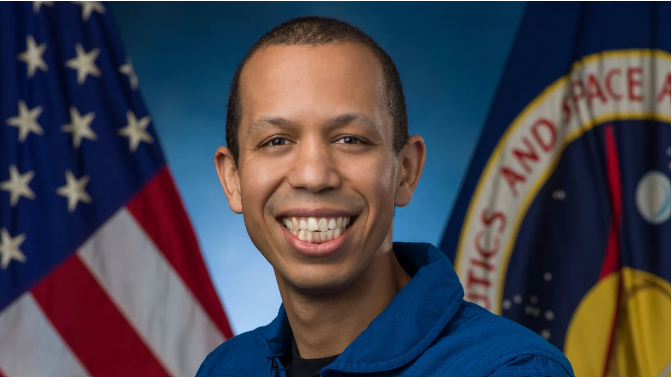
SpaceX may return to flight two weeks from now with a 10-satellite launch.
The private spaceflight company has been grounded since Sept. 1, when one of its Falcon 9 rockets exploded during a routine prelaunch test, destroying a $200 million communications satellite.
But SpaceX is nearly finished with its investigation into the anomaly, which engineers traced to the interaction between oxygen and a carbon-composite helium container in the rocket's upper stage. So a Falcon 9 is primed to lift off this month, provided that the U.S. Federal Aviation Administration gives the go-ahead for a return to flight, according to SpaceX customer Iridium, a satellite communications company.
"Iridium NEXT will be launching on SpaceX's Falcon 9 rocket on December 16, 2016 at 12:36 p.m. PST [2036 GMT]. Launching from Vandenberg Air Force Base in California, the Falcon 9 rocket will deliver 10 Iridium NEXT satellites into low-Earth orbit," Iridium representatives wrote in an update today (Dec. 1).
"Iridium expects to be SpaceX's first return-to-flight-launch customer," they added.
These 10 satellites are the first of 70 that Iridium plans to loft aboard Falcon 9 rockets over a series of seven launches. This new NEXT constellation will replace the network of 66 satellites that Iridium currently operates in low Earth orbit, Iridium representatives said.
The two-stage Falcon 9 has bounced back from accidents before. In June 2015, for example, a Falcon 9 broke apart less than 3 minutes after lifting off from Cape Canaveral Air Force Station in Florida, scuttling an uncrewed cargo mission the company was flying to the International Space Station with its Dragon capsule.
Get the Space.com Newsletter
Breaking space news, the latest updates on rocket launches, skywatching events and more!
SpaceX investigators determined that the accident was caused by a faulty steel strut in the rocket's upper stage. A Falcon 9 didn't return to flight until Dec. 22, 2015, when an upgraded version of the rocket delivered 11 satellites to orbit for the company Orbcomm.
The Falcon 9's first stage also came back and touched down at Cape Canaveral on that day, becoming the first rocket ever to pull off a soft landing during an orbital launch.
Follow Mike Wall on Twitter @michaeldwall and Google+. Follow us @Spacedotcom, Facebook or Google+. Originally published on Space.com.
Join our Space Forums to keep talking space on the latest missions, night sky and more! And if you have a news tip, correction or comment, let us know at: community@space.com.

Michael Wall is a Senior Space Writer with Space.com and joined the team in 2010. He primarily covers exoplanets, spaceflight and military space, but has been known to dabble in the space art beat. His book about the search for alien life, "Out There," was published on Nov. 13, 2018. Before becoming a science writer, Michael worked as a herpetologist and wildlife biologist. He has a Ph.D. in evolutionary biology from the University of Sydney, Australia, a bachelor's degree from the University of Arizona, and a graduate certificate in science writing from the University of California, Santa Cruz. To find out what his latest project is, you can follow Michael on Twitter.









